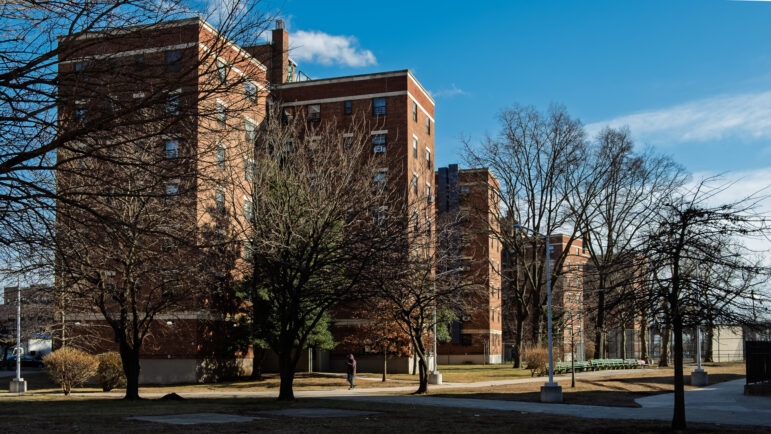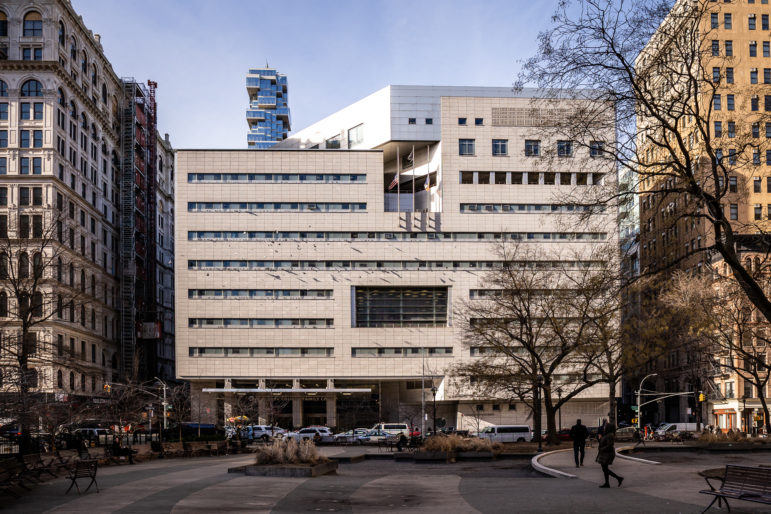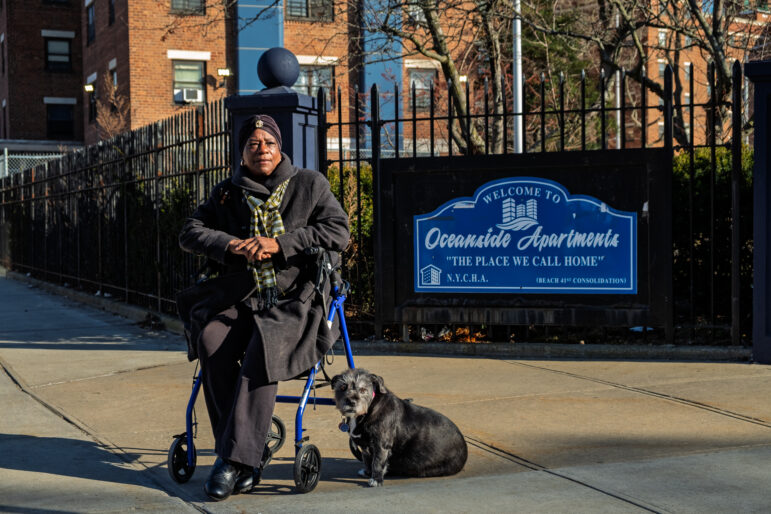
Осадчая Екатерина
The proposed pipeline would supply gas for stoves and home heating.
When the history of climate change is written — assuming any sentient beings are left to write it — the current era will probably look like an era of transition. Long gone are the days when most people wondered whether climate change was happening or what was causing it. Even fossil fuel companies, to varying degrees, acknowledge that some significant movement toward renewables is inevitable.
The question is whether that future is now or a few years off, and what to do to bridge that gap. And that was made concrete recently in the debate over a proposal by Williams Transco to build a 24-mile pipeline under the water from New Jersey to New York in order to ship natural gas for use by National Grid here in the city.
That proposal hit if not a dead end then a substantial speed bump last week when the state of New York issued a preliminary ruling that Williams’ application was technically deficient.
The state’s move left the door open for a new application from the company, and it has already been submitted. Now New York state has a year to weigh in on that bid, while New Jersey — through whose territorial waters the pipeline would also run — has until the middle of June to render its decision on a permit for the project.
On Wednesday’s Max & Murphy Show on WBAI, I asked Kimberly Ong, a senior attorney at the Natural Resources Defense Council, whether it seemed likely that Williams would get Albany’s approval on a second attempt.
“These aren’t minor technical issues that were ruled on in this decision,” she said. “So I think it will be really hard for Williams to overcome this in their next application.”
Then there’s the question of whether the federal government, whose climate-change skepticism stands in sharp contrast to the era’s consensus view, might overrule the states.
“If in the end the state of New York or New Jersey denies certification to the pipeline, Williams will have ability to challenge these decisions in court,” Ong said. “The Federal Energy Regulatory Commission since Trump’s election has tried to take power away from the states to block these pipelines using the Clean Water Act. I could see Trump’s executive orders being a real limit to this important power that a bedrock national law gives to states.”
“It’s a law states have been using to protect their water quality since the 1970s. So it’s an important thing that needs to be protected,” Ong added.
One interesting feature of this story is the web of arguments and counter-arguments that opponents and proponents have mounted. Opponents have taken issue with the origins of the gas (it comes from fracking) and the impact of pipeline construction on the aquatic environment, which was the basis for the New York denial of the Williams proposal. Proponents have argued that natural gas is a better option than heating oil, and advocated for approval on the idea that more gas was needed to transition thousands of homes from one fossil fuel to another. They’ve also argued that without the new gas supply, gas companies might have to stop offering new connections.
Advocates like Ong dispute the notion of a supply shortage. But in the end, that argument and the issues around construction impact are second tier. The key question is whether the state should build new infrastructure for importing a fossil fuel. Williams and National Grid say that’s a smart move for this transitional period. But Ong disagrees: “Trading one fossil fuel for another is hardly a solution to the climate crisis, especially given the high cost of big gas infrastructure projects and given the real climate emergency we’re in now. We can’t be moving from one fossil fuel to another. That will lead to real climate disaster.”
Hear our full conversation below, or listen to the full show, which includes an interview with Daniel Zarrilli, OneNYC Director and Chief Climate Change Adviser to the mayor, about the mayor’s Green New Deal.
Kimberly Ong, senior attorney, Natural Resources Defense Council
Max & Murphy: Full Show of May 22, 2019









One thought on “Max & Murphy: Is the Williams Pipeline Dead, or Just Delayed?”
One of the wonderful benefits of Climate Change is that NYC will have climate of Charlotte, NC, by 2050.
Has anyone looked at the heating/cooling costs for a household in Charlotte. It’s a lot less than NYC. Less winter cold and more summer heat. Here’s the benefit. It takes a lot less energy to cool than to heat. So everyone write yourself a revenue anticipation note payable to yourself for when that happens.
If we can hold out to 2050 the Williams pipeline will be redundant. Between now and then I’m not so sure. Also remember the dengue fever and malaria that accompanies the tropical effect.